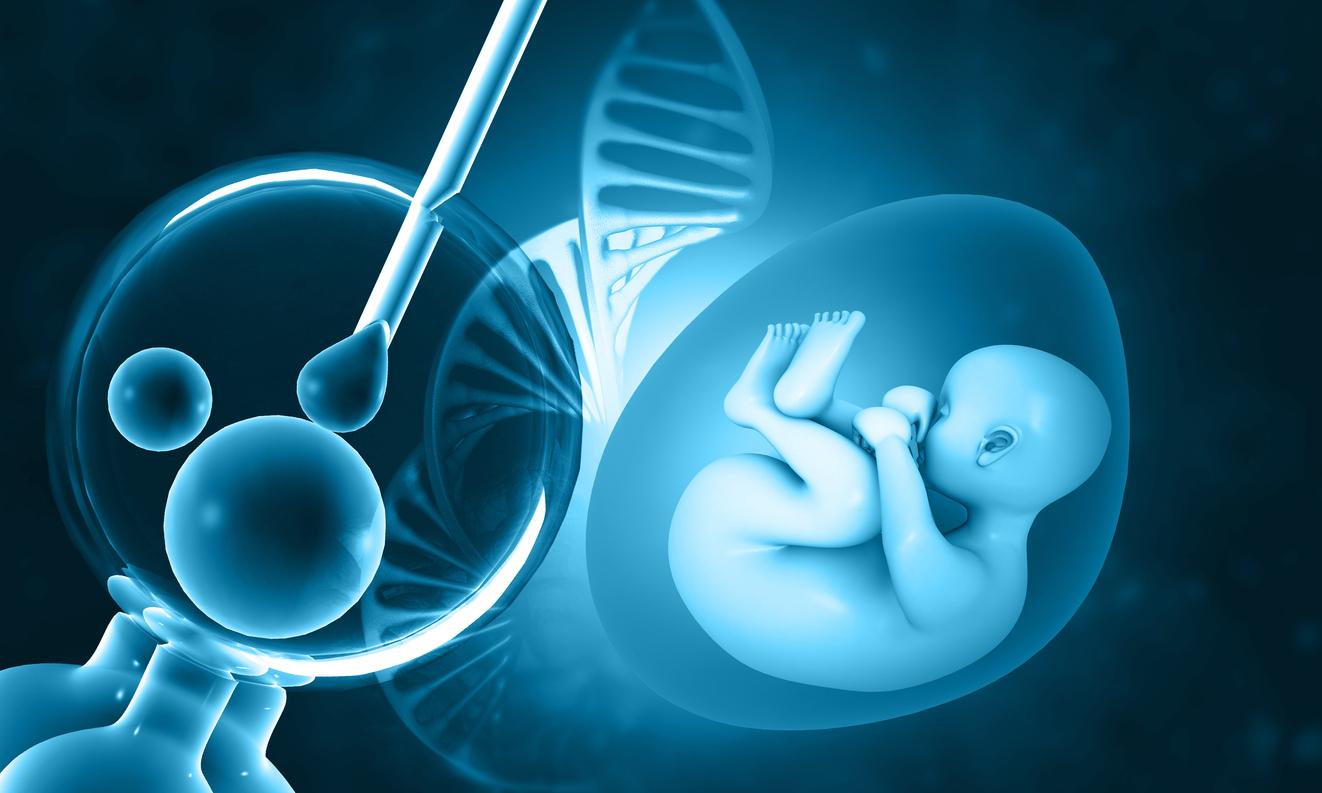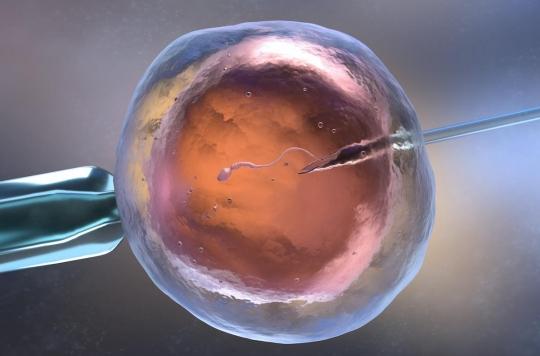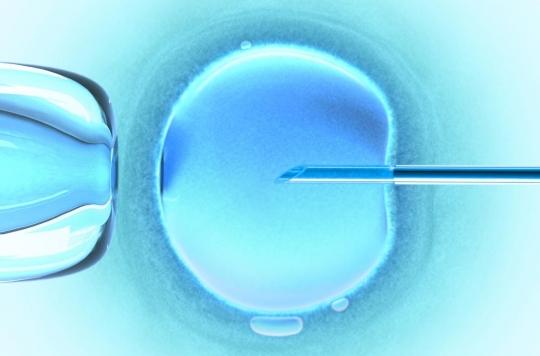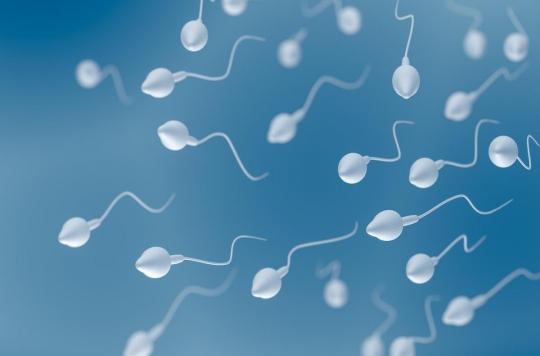For the second consecutive year, the number of infants born in France is falling, according to the latest demographic balance sheet annual INSEE. The year 2016 still saw the birth of 785,000 children, but this is 14,000 less than in 2015. A year in which a first decline, of 20,000 births, had been observed, underlines Agnès Leclair, from Figaro.
The average age of first childbearing has stabilized at 30.2 years, after several years of decline. Thirty-somethings are still having as many children, but it is in the 25-29 age group that births are falling the most. And early pregnancies are becoming rare in the country, underlines INSEE.
It is difficult for the moment to make the link between these figures and the socio-economic situation of the country. For Unaf (National Union of Family Associations), however, this decline would be linked to the “unraveling” of family policy led by the current government (lower family quotient, reform of parental leave, etc.). “The economic crisis may have influenced this downward trend. But for the moment, no data allows us to affirm it with certainty”, notes, for her part, Marie Reynaud, head of demographic and social studies at INSEE, in The Parisian.
One thing is certain, however: the number of women of childbearing age has been constantly decreasing in France since the end of the 1990s. », born after the war.
The fertility index, i.e. the average number of children per woman of childbearing age, had already passed the fateful bar of 2 in 2015. In 2016, it therefore fell from 1.96 to 1, 93, a level which had not been reached since 2004. But let us be reassured, France remains among the most fertile European countries, neck and neck with Ireland (1.94 children per woman), but far ahead of Portugal, dead last in the ranking with an index of 1.3.













-1571934063.jpg)

